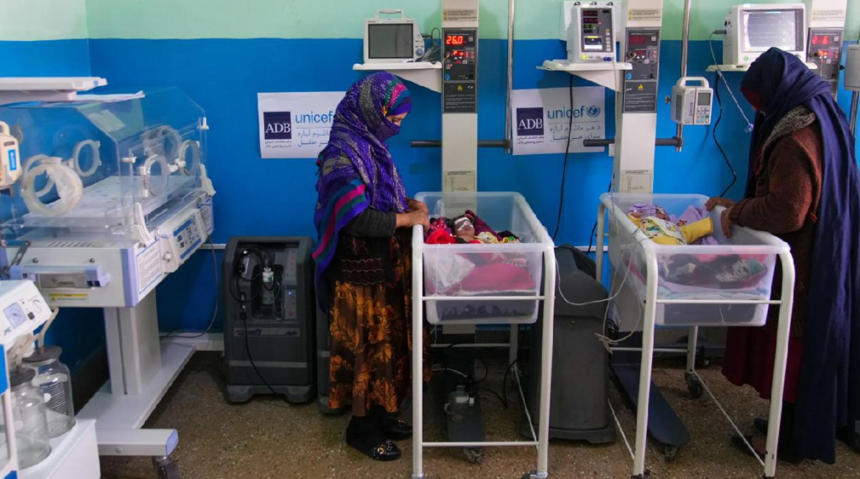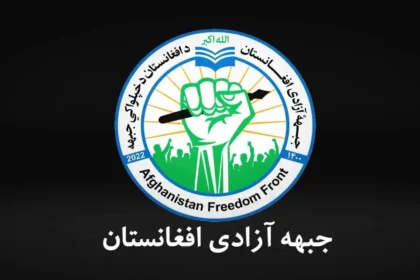RASC News Agency: The United Nations Children’s Fund (UNICEF) has revealed that approximately one quarter of Afghanistan’s population remains without access to the nearest healthcare facility, marking a stark renewal of the country’s humanitarian emergency. Through a $270 million financing agreement with the Asian Development Bank (ADB), UNICEF says essential health services will be preserved for about 23 million people across 17 Afghanistani provinces.
According to a statement released on Thursday, these funds will ensure the continuation of more than 1,300 health centres, supporting vital interventions such as maternal and newborn care, child nutrition, immunisation campaigns, mental-health and psychosocial support, and the treatment of both communicable and non-communicable diseases.
Yet UNICEF warns that the reality remains grim: one in four people cannot reach a health centre within an hour’s walk. The principal barriers include long distances to facilities, chronic financial insecurity, a severe shortage of medical professionals and, critically, the restrictions placed on women and girls by Taliban-imposed policies.
Women and female children bear the greatest burden of this collapse. The Taliban’s sweeping bans on female education and employment in most sectors including healthcare have drastically reduced the number of female health professionals and deprived many women of access to safe maternity and neonatal care. Two recent peer-reviewed studies confirm that the takeover in August 2021 intensified existing weaknesses in the health system and reversed years of public-health progress. (PMC)
Dr Tajuddin Oyewale, UNICEF’s acting representative in Afghanistan, noted:
“With ADB’s support, we are able to keep some lifeline services running and to empower health-workers especially women to serve their communities. But this is a stop-gap in a system under siege.”
While the programme is scheduled to run through December 2026 and includes targeted cash assistance to families to help cover their treatment costs, analysts warn that this will not compensate for the structural fragility of Afghanistani health infrastructure a fragility largely shaped by Taliban misgovernance and donor withdrawal.
Since the Taliban’s return to power, hundreds of health facilities have been shut down or scaled back. According to the World Health Organisation and other monitoring bodies, reductions in international development funding and the regime’s discriminatory policies have left entire rural districts as “healthcare deserts.” (Arab News) International and national observers note that under the Taliban, the healthcare network is increasingly dependent on humanitarian agencies rather than integrated public-service systems, and that the regime’s appointment of unqualified cadres and suppression of female medical staff have fundamentally weakened service delivery.
Given this reality, the UNICEF-ADB agreement may be seen as damage control rather than sustainable development. Without reforms particularly the reinstatement of women in healthcare roles and the restoration of transparent, inclusive public-health governance Afghanistan remains on course for a full-scale collapse of its health system, with consequences for millions of women, children and families.






